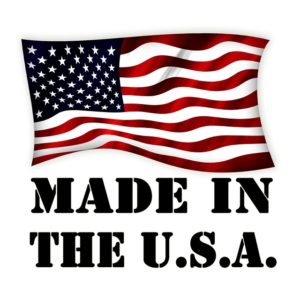
Companies doing business in California must now complete a comprehensive “survey” if selling particular products to consumers within the state. However, this is not your typical consumer satisfaction survey, but rather a submission of detailed information for each product meeting the requirements discussed below. The detailed submission must include include information on product formulas and
 With the holiday season in full swing, marketers are tirelessly seeking ways to convince you that their product is the perfect gift for everyone on your holiday list. Although the bearded man of the hour at this time of the year is, of course, Santa Claus, many sellers try to ensure a competitive advantage by invoking the spirit of another hirsute man: Uncle Sam. But if you’re thinking about abandoning a red and green color scheme this year for red, white, and blue and plastering your products with “Made in the USA” or “American Made,” some recent California litigation reminds us that sellers should be careful when they feel the patriotic spirit overtaking the holiday spirit.
With the holiday season in full swing, marketers are tirelessly seeking ways to convince you that their product is the perfect gift for everyone on your holiday list. Although the bearded man of the hour at this time of the year is, of course, Santa Claus, many sellers try to ensure a competitive advantage by invoking the spirit of another hirsute man: Uncle Sam. But if you’re thinking about abandoning a red and green color scheme this year for red, white, and blue and plastering your products with “Made in the USA” or “American Made,” some recent California litigation reminds us that sellers should be careful when they feel the patriotic spirit overtaking the holiday spirit.